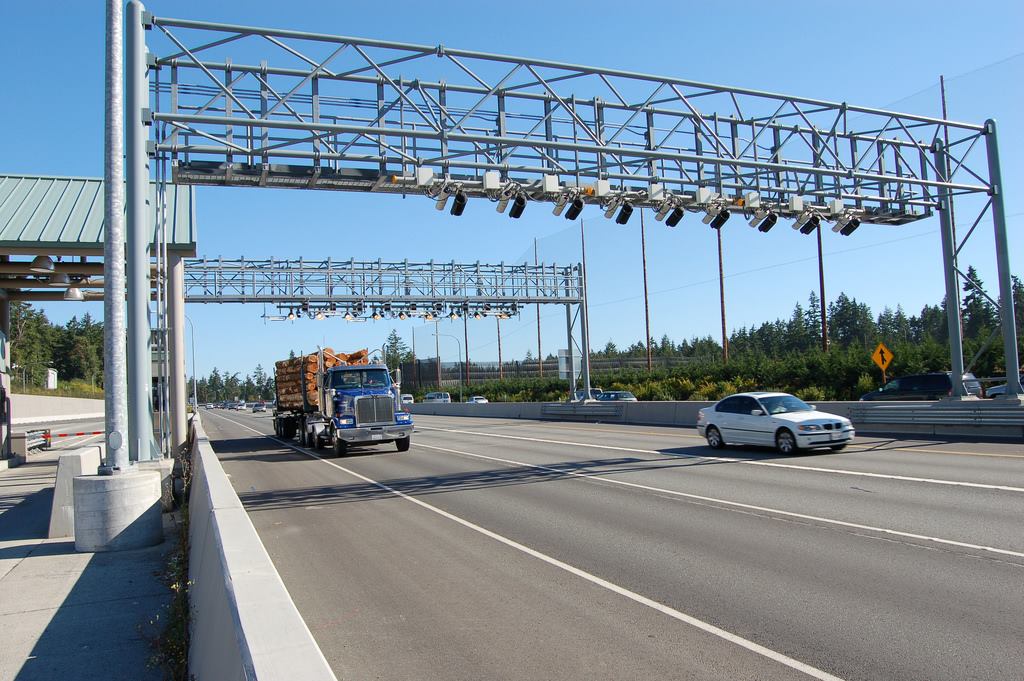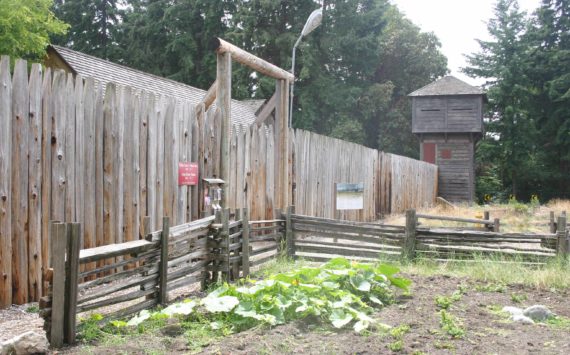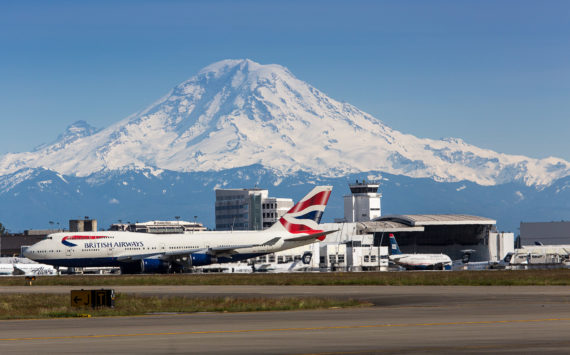OLYMPIA – Drivers will have a chance to “test drive” a proposed system that would charge them by the mile, rather than by the gallon of gas for their road usage. The Washington State Transportation Commission today approved a plan to conduct a Road Usage Charge pilot project in fall 2017 that will simulate how this system might work.
“As the fuel efficiency of vehicles increases, gas consumption decreases and this equates to a reduction in gas tax revenues over time. The gas tax serves as the major source of funding for building and maintaining our state highways and ferries,” said Commission Chairman Jerry Litt. “Under the direction of the state Legislature, the commission has been assessing a road usage charge as a possible replacement for the gas tax in the future.”
The commission’s Executive Director Reema Griffith added, “During the commission’s evaluation over the past four-plus years, we’ve determined a road usage charge is feasible and that it could produce the revenue needed for Washington’s roads well into the future.”
The commission’s next step is to test the concept with the public and see what people think of it based upon actual experience using it. Recruitment will begin in spring 2017, with up to 2,000 volunteers needed from across the state to participate in the year-long test. Individuals who want to learn more about the project and have an interest in participating can visit the Road Use Charge website at www.waroadusagecharge.org.
Pilot project participants will choose different ways to participate and report their vehicle’s mileage. Some options do not involve any technology, such as manually reporting odometer readings; others do involve technology utilizing smartphones or in-vehicle technology. Because this is a simulation, participants will not be charged for any miles driven.
A 25-member steering committee has guided this work since 2012. The steering committee includes representatives from: auto and truck manufacturers, ports, environmental groups, trucking industry, cities, public transportation, business community and state agencies. The committee also includes three transportation commissioners and eight legislators.
A key finding from the work of the steering committee is that the gas tax is becoming more and more inequitable. Under Washington state’s current gas tax system, drivers pay widely different amounts for roadway use, depending on their vehicle’s fuel efficiency; those driving older, less efficient vehicles fill up more often and therefore, pay more in taxes. This inequity is expected to grow each year as vehicle fuel efficiency continues to rise, and as more alternative fuel vehicles that don’t use gas at all come onto the market.
Currently, 14 other states are evaluating a shift from the gas-tax revenue model to a road use charge. Funding for this work stems from a $3.8 million Federal Highway Administration competitive grant received earlier this year.
For more information about the commission and a complete meeting agenda, visit: www.wstc.wa.gov/
– Washington State Transportation Commission








